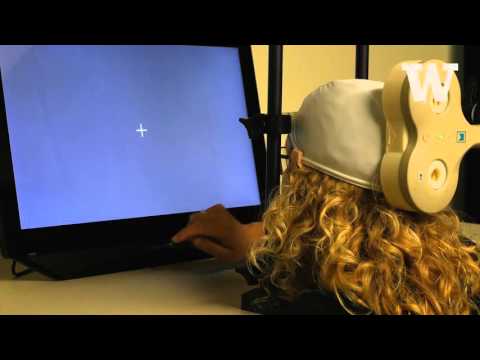“For the experiment, pairs of people played the well-known question-and-answer game “20 Questions”, but were located in two rooms a mile apart and hooked up to a brain-reading system. The person answering “yes” or “no” was connected to an ECG machine, which records electrical brain activity. The person guessing had a transcranial magnetic stimulation coil behind their head — a non-invasive tool that stimulates small areas of the brain”
Two human brains have successfully played “20 Questions”, showing for the first time that it is possible for two brains to share thoughts.
“This is the most complex brain-to-brain experiment, I think, that’s been done to date in humans,” said Andrea Stocco, lead author of the study, from the Institute of Learning and Brain Sciences at the University of Washington.
For the experiment, pairs of people played the well-known question-and-answer game “20 Questions”, but were located in two rooms a mile apart and hooked up to a brain-reading system. The person answering “yes” or “no” was connected to an ECG machine, which records electrical brain activity. The person guessing had a transcranial magnetic stimulation coil behind their head — a non-invasive tool that stimulates small areas of the brain and has been used to treat depression and addiction.
